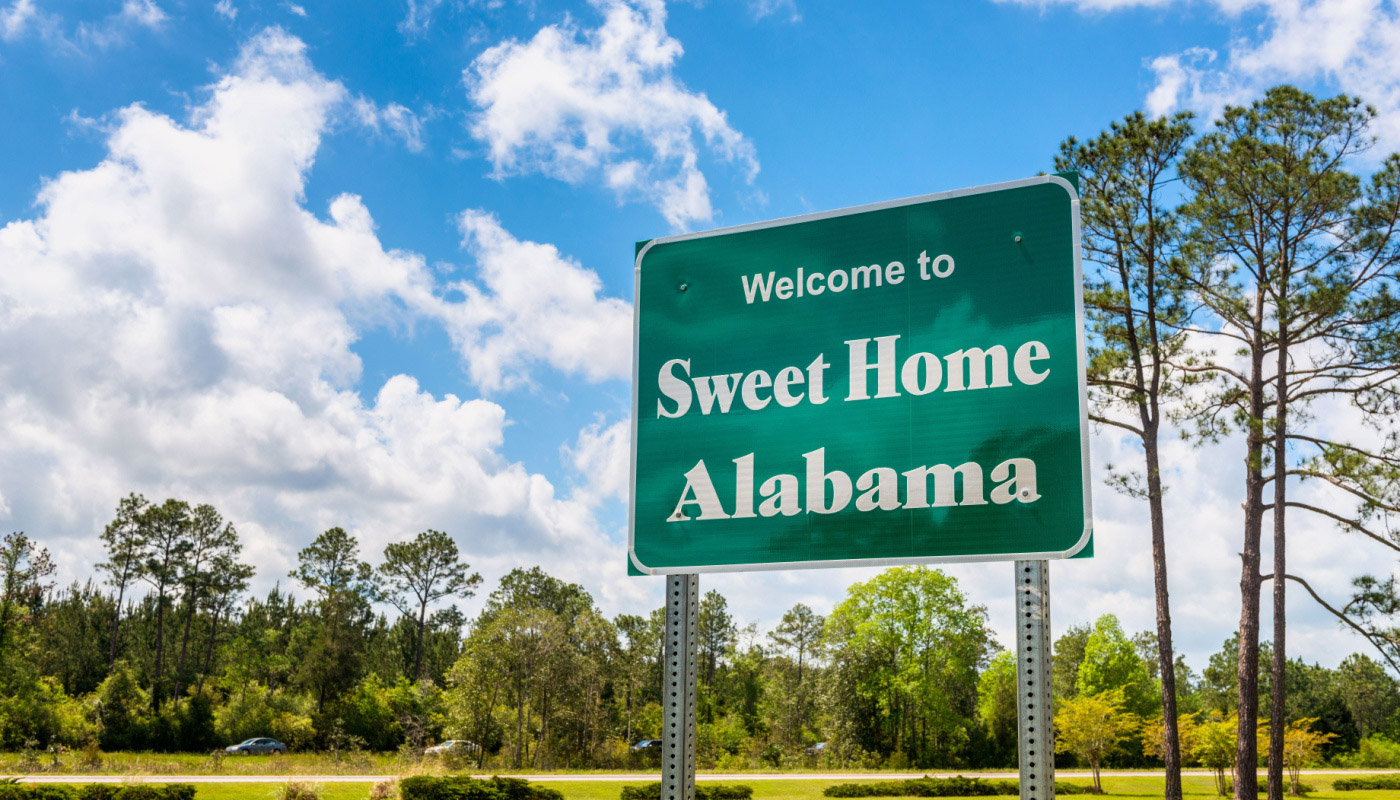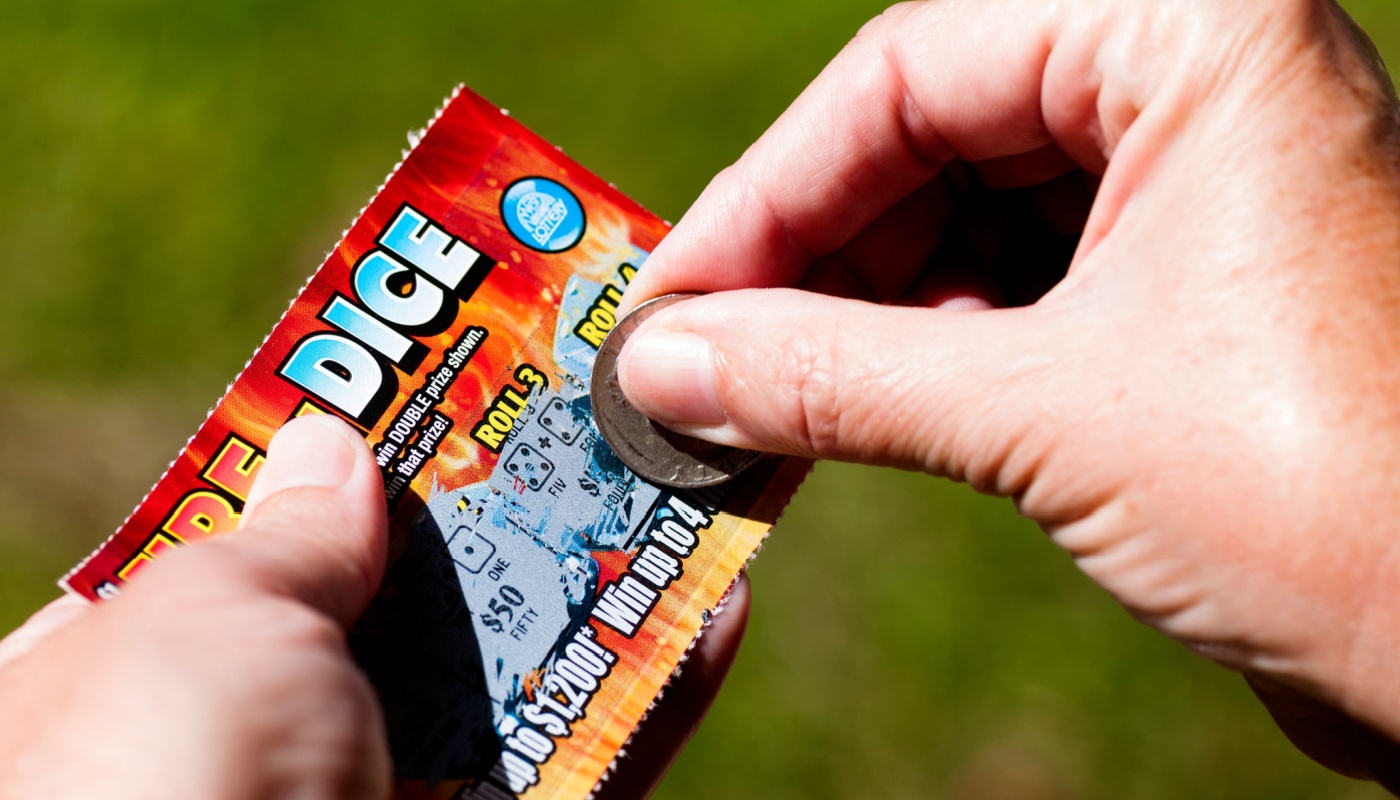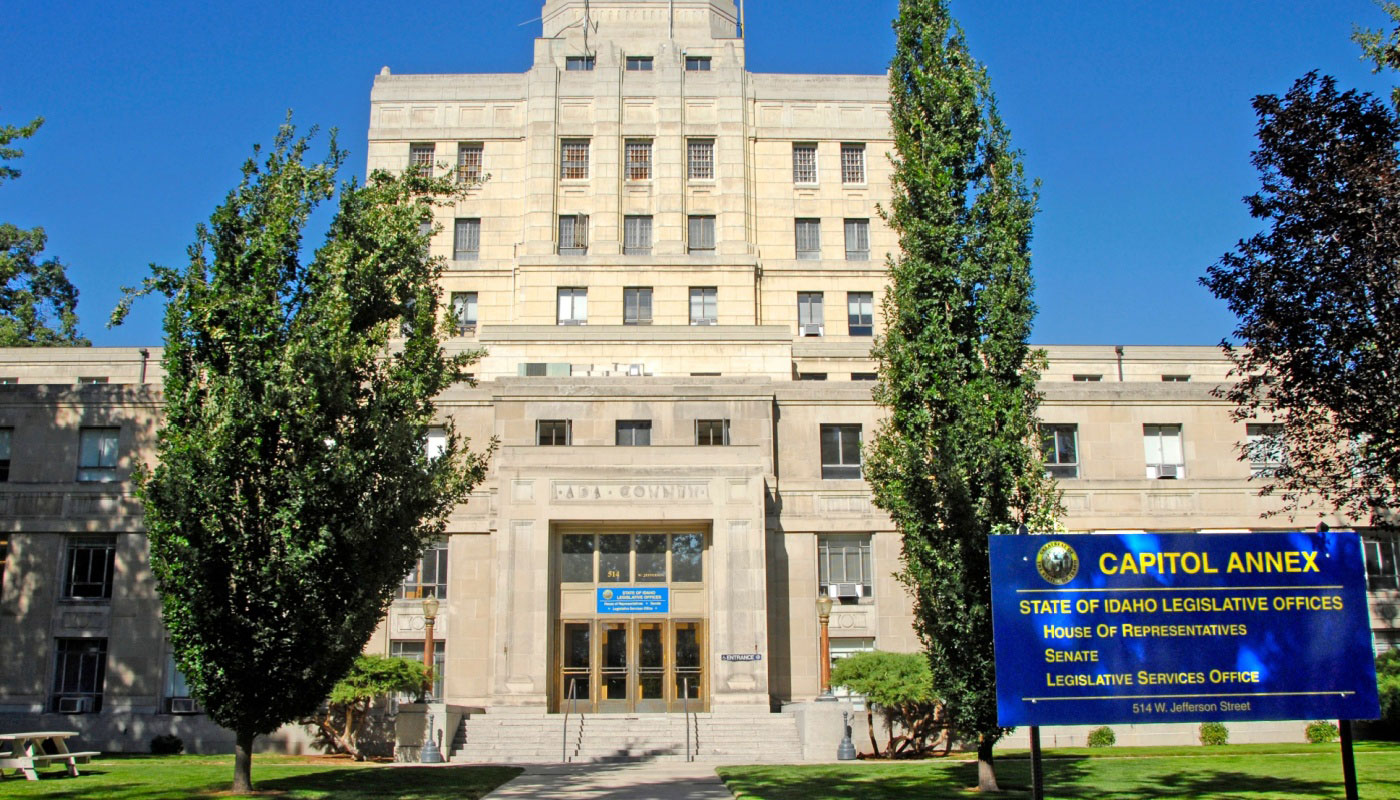
News writer
After years of lawmakers wringing their hands over an issue that has been floundering in the state legislature since the turn of the millennium, it appears conceivable that in 2024, Alabama will finally pass comprehensive gaming legislation.
House Speaker Nathaniel Ledbetter has formed a gambling committee that plans to introduce a bill next year that could legalize gaming at specific locations throughout Alabama and, perhaps equally important, expand regulatory measures that would crack down on the illegal gambling outfits that have been plaguing the state for years.
But before diving into the prospects of gaming becoming legalized in one of the only remaining states that do not have their own lottery, it’s worth briefly surveying Alabama’s complicated—some would surely say tortured, even—relationship with gambling over the past two decades.
Bills dying in the house
For a long time now, there’s been significant, sustained enthusiasm for legalizing gaming among Alabamians. This is evidenced by the fact that state lawmakers have attempted to pass legislation on the issue around 15 times over the past 20 years or so. These politicians are clearly heeding the call of their constituents, many of whom have passionately voiced their support for legalizing gambling in a historically poor state that could benefit tremendously from the revenue such a venture would capture.
The obstacle to this indisputable zeal to bring gaming to Alabama has often emerged in the form of the state legislature’s House of Representatives. Many of the most promising recent gambling bills have originated and passed in the State Senate, only to find themselves languishing in a House that never seemed to have the political will or resolve to move forward with gambling in the state.
That frustrating inertia in the statehouse may be on the precipice of changing, however. In recent years, the scourge of illegal operations pockmarking the state has simply become too large, sprawling, and, in some cases, outright egregious to ignore, and lawmakers are increasingly intent on doing something to rectify it.
Alabama’s gambling underworld
In 2023, it’s hardly a secret that while gambling is largely illegal in Alabama—there are a myriad of specific exceptions that make the legal landscape for gaming in the state something of an indecipherable morass—hundreds and even thousands of businesses and establishments continue to operate in direct defiance of the law. As Speaker Ledbetter recently told the Alabama Political Reporter, “They’re all over the state, in every county, everywhere you go. And they’ve got real problems.”
The problems the state representative was referring to come from the reality that many of these operations are also connected to other varieties of criminality, including drug use and potentially even distribution. This past August, police investigating an alleged overdose death in Walker County stumbled onto an illegal gambling outfit with 35 electronic gaming machines. The revelation was plastered all over the local news, serving as a kind of confirmation for many locals that the illicit gambling operations proliferating all over the state were also attractive hubs for crimes and illegal activity more dangerous than a few dozen slot machines. Forced to evade the scrutiny of law enforcement by operating in the shadows, these enterprises are collectively seen by many as larger societal problems capable of exacerbating other ills and dragging down the state more generally.
It’s the rampant, unchecked nature of illegal gambling and its connections to various other clandestine behaviors that is one of the chief motivating forces for Ledbetter, who called the statewide problem a “public safety issue.” A silver lining in this widespread distaste for what gambling has become in Alabama may be the fact that it could give lawmakers the additional catalyst they seem to desperately need to finally push legislation over the finish line in Montgomery. It’s possible that the recurring status quo, in which politicians propose ambitious legal gaming packages that hold significant promise but inevitably sputter out before getting the chance to go before a statewide referendum vote, may finally be breaking down.
The lucrative potential for gaming in Alabama
Another longstanding aspect of the legal gaming quagmire in Alabama is the gap between how lawmakers in the State Capitol perceive the issue and how regular Alabamians feel about it. Simply put, citizens predominantly feel that the state should legalize gambling—should have legalized it a long time ago, really—and are exasperated by the fact that so little tangible progress has been made on the issue. People see friends and neighbors get together and drive to neighboring states like Georgia, Tennessee, and Florida for gambling trips in which all their money will be poured into other states’ economies, leaving Alabama bereft of a significant source of revenue. For a state that consistently ranks among the nation’s poorest, with correspondingly low academic test scores in reading and math, this can feel like the frustrating squandering of a real opportunity to improve Alabama’s fortunes.
In December 2020, Alabama Governor Kay Ivey released a long-awaited report that provided a comprehensive, 876-page examination of the prospect of legalizing gambling in the state. Among its findings were that—in what was almost certainly a surprise to no one—a majority of Alabamians support establishing a state lottery and legalizing various forms of gaming. The report also laid out its estimates for how much annual revenue a lottery and legalization measures could bring in for Alabama: between $200 and $300 million from a state lottery, $300 to $400 million from casino gambling, and roughly $10 million from sports betting. That’s over half a billion dollars potentially bolstering state coffers.
If Speaker Ledbetter’s gaming legislation does survive the statehouse in 2024 and makes it to a referendum vote—where all indications suggest that it would pass overwhelmingly—a whole new dense, thorny dialogue would emerge regarding how the state’s new annual windfall should be spent. While some would point to a chance to strengthen the public education system and make Alabama more academically competitive with other states, others might express a desire to assuage the poverty rate, which, as of 2022, stood at a somewhat troubling 16.2% (nearly a quarter of children in Alabama live in poverty). Though those potentially polarizing political debates will be an inevitability should a legal framework pass, it would nevertheless represent a substantive step forward on the subject that most Alabamians would be unquestionably delighted to see.




















Comments